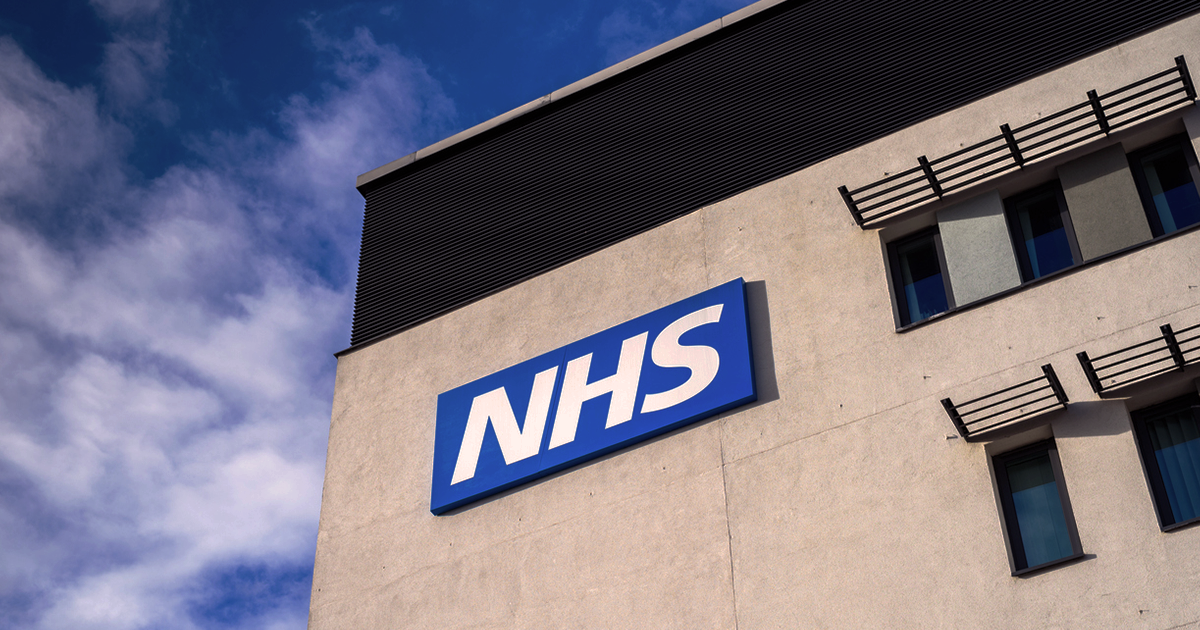Our National Health Service is turning 70 this year. Over the past 70 years we’ve seen some amazing achievements in healthcare and for people with diabetes the NHS has been a life-saving organisation.
The NHS provides free healthcare, support and important medication for the estimated 3.8 million who have been diagnosed with the condition in the UK.
To celebrate this milestone, we thought it would be a great opportunity to look at some important advances that have taken place over the past 70 years and highlight how the NHS has helped many people who live with diabetes.
A brief look at history
The NHS was launched on the 5th July 1948 and for the first time brought many doctors, nurses, dentists and other healthcare professionals together to provide free healthcare to the population.
Diabetes was less common in 1948 and there were more people diagnosed with type 1 diabetes than type 2. Animal insulin was used to control diabetes and administered using glass syringes with needles that required sterilising in between uses.
Over the last 70 years we’ve seen changes in the prevalence of diabetes alongside developments in technology and improvements in outcomes for all people with diabetes.
Synthetic insulin, more commonly known as human insulin, was developed in the 1960s and was approved for use in 1982. We also saw the invention of the insulin pen, a much easier to use alternative over the traditional vial and syringe enabling people with diabetes greater control. Shortly after, the NHS started to offer insulin pump technology for some people with type 1 diabetes and also to help people achieve excellent control through pregnancy.
Since 1948 we’ve also seen a change in the demographics and now more people are being diagnosed with type 2 diabetes than type 1. Roughly 10% of the NHS budget for England and Wales is dedicated towards treatment for diabetes.
How has the NHS helped people with diabetes?
Diabetes affects roughly 415 million people worldwide and in some countries such as America, healthcare comes at a cost so many people with diabetes have to pay for their treatment.
We’re fortunate in the UK to have access to free healthcare appointments and prescriptions so everyone with diabetes can receive essential support and medication without encountering a costly bill.
For those with type 1 diabetes for example, this means access to free insulin and glucose monitoring supplies. Everyone with type 1 diabetes gets blood glucose testing for free on the NHS and a growing number of people are being eligible to have supplies for continuous glucose monitoring and the FreeStyle Libre on the NHS.
People with type 2 diabetes are starting to see a change in treatment too. In 2016 the NHS also launched its Diabetes Prevention Programme which offered places to patients at risk of developing type 2 diabetes.
The future’s looking bright
This year brought the welcoming news that Diabetes.co.uk’s Low Carb Program had received QISMET approval to be recommended by the NHS, meaning that healthcare teams could officially prescribe the program to patients with type 2 diabetes and prediabetes.
The Low Carb Program has served as proof that type 2 diabetes need not get worse over time, in fact, it can get a lot better. Many people have done so well on the program, that their sugar levels are at healthy levels to the extent that they have been able to come off some or all of their diabetes medication.
This is also an exciting development for the future of NHS treatment for diabetes as the program has been shown to be hugely cost effective for the NHS saving £835 per person, per year in prescriptions.
Here’s to the next 70 years!






